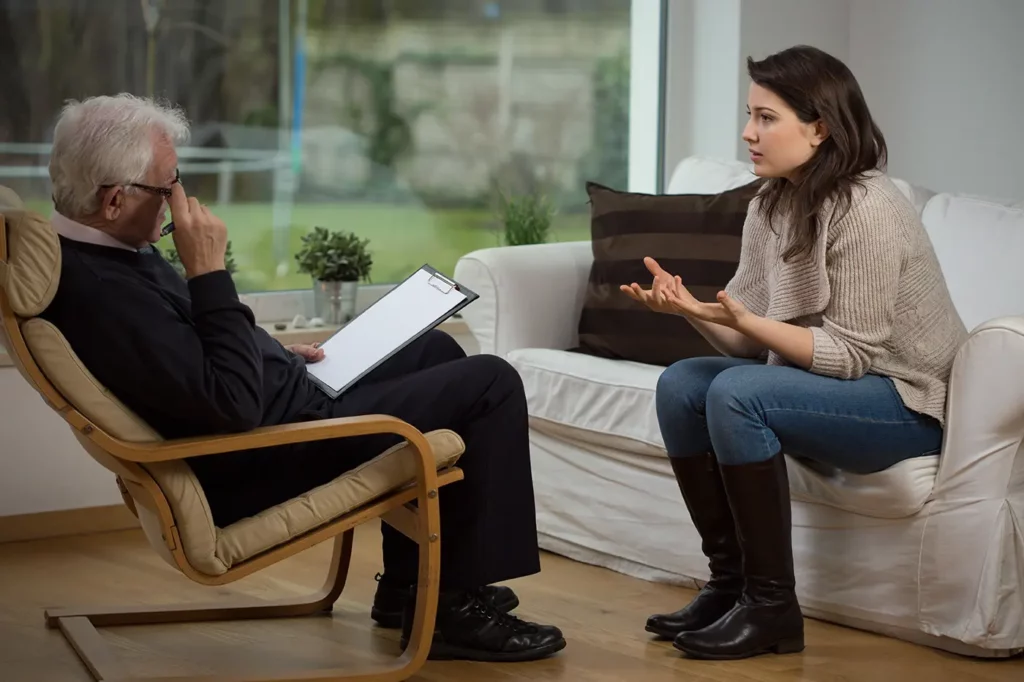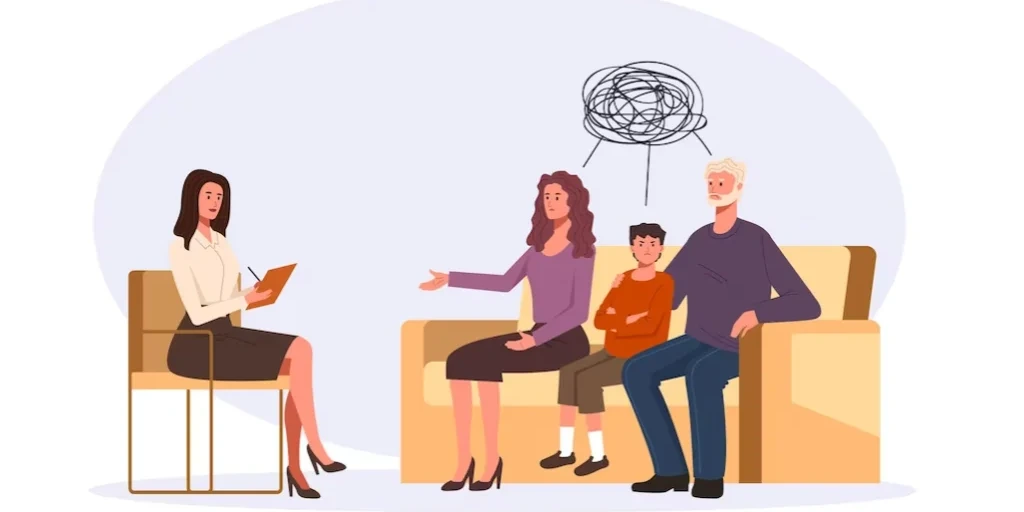24/7 Helpline:
(866) 899-111424/7 Helpline:
(866) 899-1114
Learn more about Aftercare Support centers in Marion
Aftercare Support in Other Cities

Other Insurance Options

Covered California

Molina Healthcare

Magellan Health
Beacon

CareSource

Providence

Medical Mutual of Ohio

PHCS Network

Anthem

Private insurance

EmblemHealth

Group Health Incorporated

Magellan

Humana

Carleon

MVP Healthcare

Kaiser Permanente

Horizon Healthcare Service

BHS | Behavioral Health Systems

WellPoint
































SUWS of the Carolinas
SUWS of the Carolinas offers residential treatment for individuals with alcohol and/or substance add...

Recovery Ventures Corporation
Located in Old Fort, North Carolina, Recovery Ventures Corporation provides alcohol and drug rehab s...






